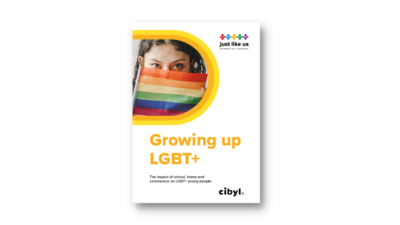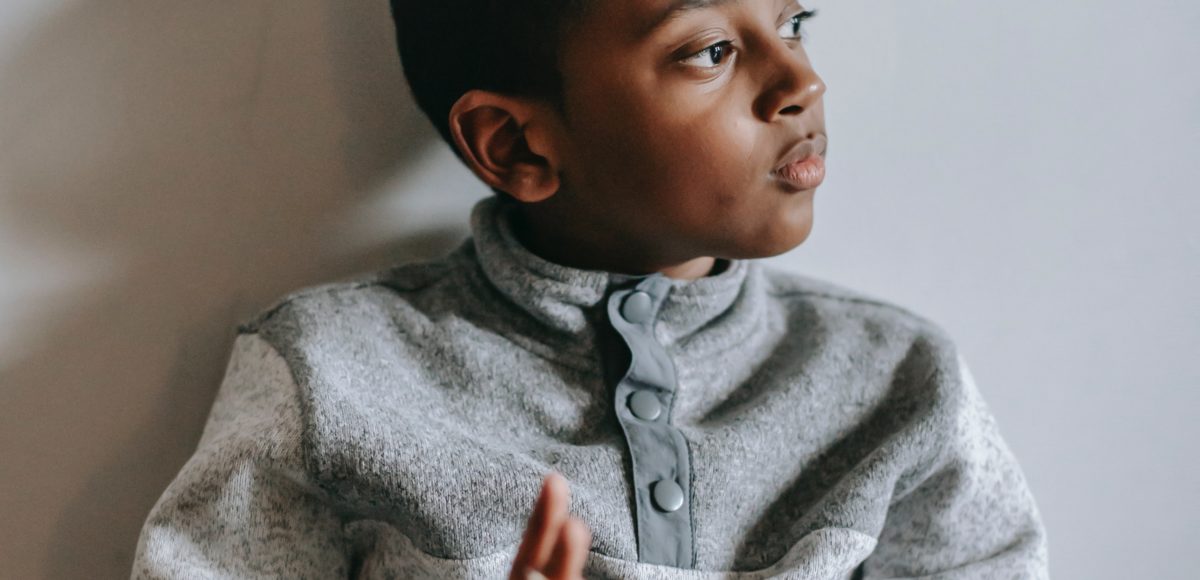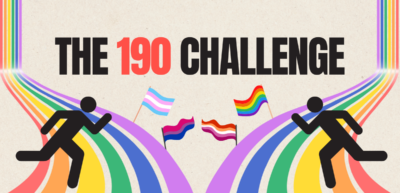
Black LGBT+ young people hit hardest by covid mental health crisis, research finds
News

Black LGBT+ young people’s mental health has been severely impacted by the pandemic, new independent research by Just Like Us has found.
While LGBT+ young people are more than twice as likely to be worried about the state of their mental health than their non-LGBT+ peers since the pandemic began, the new research shows that Black LGBT+ young people are particularly facing increased mental health struggles.
Black LGBT+ young people are more likely to be worried for their mental health with 61% worrying about their mental health on a daily basis, compared to 56% of white LGBT+ young people.
Black LGBT+ young people are also more likely to be experiencing depression (61%), anxiety disorder (58%), panic attacks (42%), and alcohol or drug dependence (15%). For white LGBT+ pupils, the likelihood of experiencing these are significantly lower: 48% say they have or are experiencing depression, 52% anxiety disorder, 39% panic attacks, 6% alcohol or drug dependence.
Black LGBT+ young people are also significantly more likely to be experiencing difficulties at home in lockdown, with a third (29%) reporting daily tension in the place they’re living, compared to a quarter (25%) of white LGBT+ young people.
The independent research of 2,934 secondary school pupils (1,140 of whom were LGBT+) by Just Like Us found that 55% of LGBT+ 11 to 18 year olds are worried about their mental health on a daily basis, compared to just 26% of their non-LGBT+ peers.
The independent research forms part of Just Like Us’ report, Growing Up LGBT+.
Chief Executive of charity Just Like Us, Dominic Arnall, has called for schools to ensure LGBT+ young people, who are more than twice as likely to be worrying daily about the state of their mental health, to be supported during this difficult time.
“This is the biggest risk to the mental health of LGBT+ young people since Section 28,” he said.
“The pandemic has been a difficult period for everyone, but our research clearly demonstrates the impact of coronavirus and lockdown has not fallen evenly.
“It’s devastating to see that Black LGBT+ young people have been particularly impacted by the pandemic.
“Black LGBT+ young people are disproportionately facing tensions at home on a daily basis and report facing higher levels of depression and anxiety. They’re also more likely to be worrying about the state of their mental health on a daily basis.
“There needs to be much more awareness around the issues that Black LGBT+ young people are facing, and an intersectional approach needs to be taken to inclusive education in schools and mental health care for young people.
“It’s so important that if you are celebrating LGBT+ History month or School Diversity Week, make sure you include a diverse range of LGBT+ people including Black LGBT+ people and engage with organisations that do specific work in this area.
“At Just Like Us, we know from our school talks, just how important it is for young people to see visible role models who reflect pupils’ experiences and challenges they’re facing.
“We know schools and parents are under immense pressure right now, but the single most important thing you can do is to tell young people that they exist, are supported and that being LGBT+ is something to be celebrated.”

